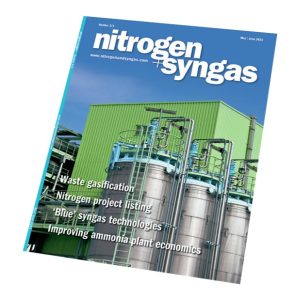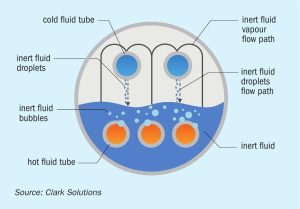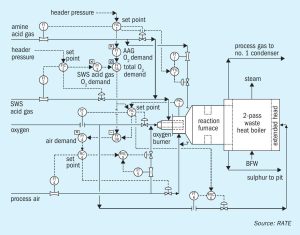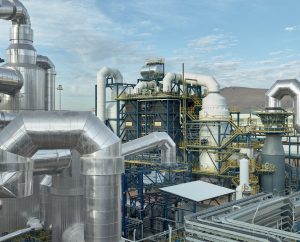Guizhou Phosphorus Chemical Group has begun site clearing work in preparation for a major mining and downstream fertilizer and chemical project at Kaiyang in Guizhou province started. It is planned to complete the construction of the first phase of the 600,000 t/a lithium iron phosphate (LFP) production line by the end of 2025. The whole scheme is projected to cost $4.6 billion, with participation from the Guiyang Municipal Government and Guizhou Phosphorus (Group) Co., Ltd., China National Nuclear Huayuan Titanium Dioxide, China Mining Resources Group and other companies. The project comprises 1.4 million t/a of ferrous sulphate heptahydrate production, with co-production of 400,000 t/a of titanium dioxide, 600,000 t/a of iron phosphate, 600,000 t/a of lithium iron phosphate, 150,000 t/a of lithium carbonate, 10,000 t/a of lithium fluoride, 20,000 t/a of lithium hexafluorophosphate, 100,000 t/a of copper smelting, and phosphogypsum decomposition to produce sulphuric acid, with power cogeneration and other public utilities. Phosphate ore is processed to produce iron phosphate, which is then combined with ferrous sulphate, a byproduct of titanium dioxide production, to produce lithium iron phosphate, which is ultimately used in new energy vehicle batteries. It is expected that the first batch of production lines will be put into production in 2026 and the entire industry chain will reach full production in 2028. After completion, Guizhou will become the world's largest production base of phosphorus-based positive electrode materials, accounting for more than 30% of the national market share.








